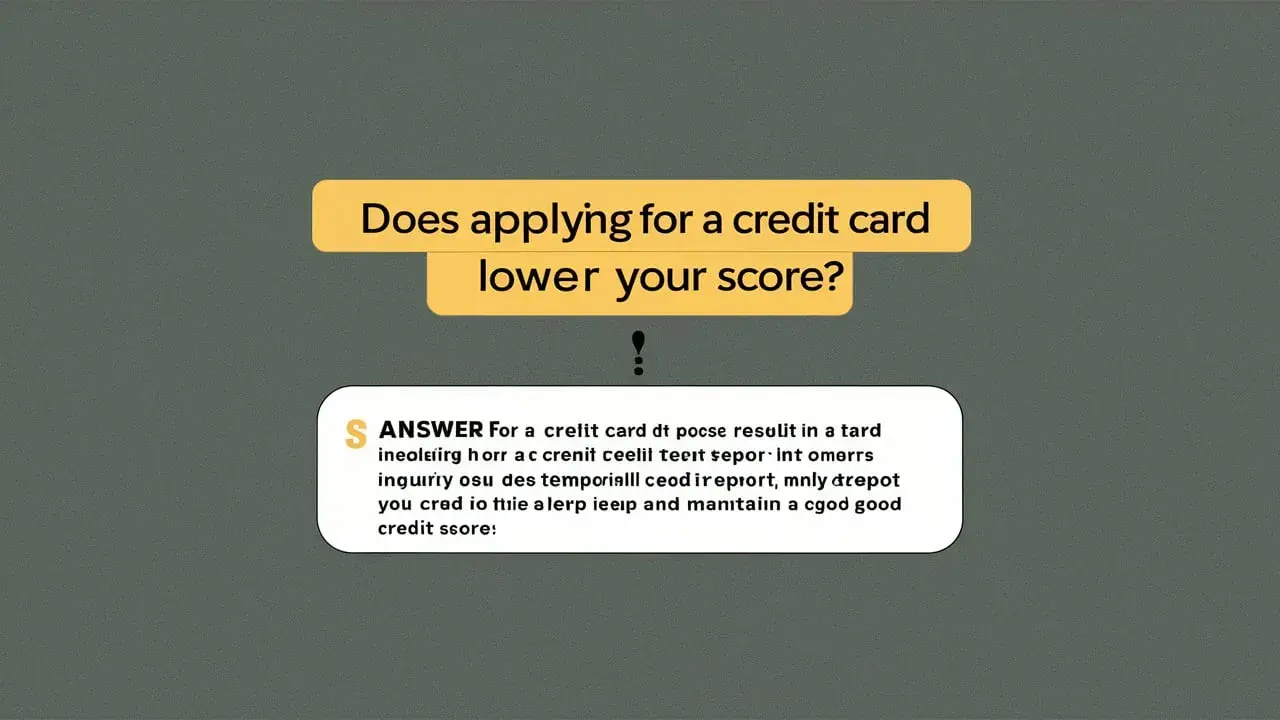-
Posted on: 18 Jul 2024

-
In case you have some outstanding balance, you may be asked how long the company or person to whom you are indebted has to collect the debt. Bills usually come with laws of latency that determine the time that creditors have within which to sue you for non-payment. However, even as much as this time could elapse or expire, this does not mean that the debt disappears or cannot be collected. Here is the information you require.
Here, we look at the Statutes of Limitation for collecting debts as a way of dealing with the issue of debt.
Each state has its laws that describe the time within which it is lawful to sue for a specific type of debt. These restrict the number of years the Creditor or the debt collector can take you to court to recover the debts that you owe. For instance, in most states, the period within which legal action can be taken against a delinquent consumer regarding credit card debt is between three and six years.
Which means if you stop making payments on say a credit card, then they actually have 3-6 years (depending on the state) before they can sue you to get their money back. If they do not sue you within that statutory timeframe, they cannot gather the debt through the law anymore.
However, this does not dismiss the debt or make it uncollectible, even if it is past the statutorily allowed period. It means that the creditors cannot sue to get the wages garnished, or to place a lien on a property, but they can still write letters, call and so on, if the debtor does not pay the debt.
The Statute of Limitations for Tort Actions The statute of limitations regarding tort actions is an important factor that can often be manipulated when filing a lawsuit.
There are some activities that in effect bring about a restarting of the statutes of limitations. These include:
- If the debtor wants to bring the remaining balance down and stop any further interest charges that may be added, then he or she must make a payment on the debt.
- Paying a regular amount signing for an installment plan or even making a small payment
- The act of writing a note, cheque, or bond in favor of another.
If any of these happen, the statute of limitations timeframe starts over; if any of these occur, the clock on the statute of limitations is reset. The creditor then obtains a brand new window through which he or she may proceed to sue you to recover the amount owed. It means that if you make a $5 payment toward a debt that nears the statute, you give collectors more time to sue you.
Outdated Debts Remain
As always, it is important to note that debts do not just vanish into thin air simply because the legal limitation period has expired. You might still be legally required to pay back the money in some way shape or form.
There are a few things that can happen:
- Collectors can still try to take payment from you through emails or phone calls. Denial will not wash it off or disappear it, yet it will accumulate as a debt does.
- The collector may consider ‘charging off’ very old, difficult-to- collect account receivables. They can still sell it or outsource attempts to third party collectors if they are unable to pay the bills.
- The effect of the debt may remain on your credit reports for a period not exceeding 7 years from the first missed payment despite the statute of limitations. It can go on doing more harm to your credit rating.
It is recommended talking to an attorney when facing issues of finance and debts to determine how the laws of limitations affects such a case. But in terms of morality, ethical standards and overall financial health, it can be seen that paying off all the remaining dues is really the best long term option for regaining the lost financial stability.
Improve your credit score now—call (888) 803-7889 for a free consultation!










